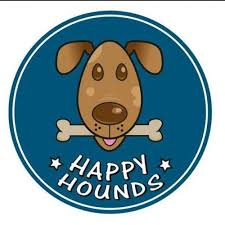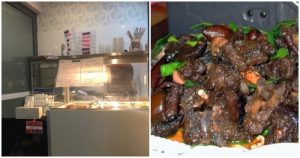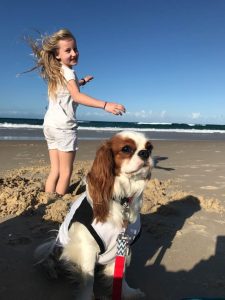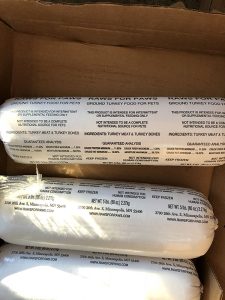The Food Standards Agency reports Happy Hounds is recalling certain types of frozen raw dog food because salmonella has been found in the products.
| Frozen Chicken & Beef Sleeve Dog Food | |
| Pack size | 1kg |
| Batch code | 1205 |
| Best before | 3 September 2020 |
| Frozen Chicken Mince Sleeve Dog Food | |
| Pack size | 1kg |
| Batch code | 1205 |
| Best before | 3 September 2020 |
| Frozen Chicken Mince Dog Food | |
| Pack size | 2.5kg (bag of 4) |
| Batch code | 1205 |
| Best before | 3 September 2020 |
Risk statement
The presence of salmonella in the products listed above. Salmonella is a bacterium that can cause illness in humans and animals. The product could therefore carry a potential risk because of the presence of salmonella, either through direct handling of the pet food, or indirectly, for example from pet feeding bowls, utensils or contact with the faeces of animals.
In humans, symptoms caused by salmonella usually include fever, diarrhoea and abdominal cramps. Infected animals may not necessarily display signs of illness, but symptoms can include diarrhoea.
Action taken by the company
Happy Hounds is recalling the above products. Point of sale notices will be displayed in all retail stores that are selling these products. These notices explain to customers why the products are being recalled and tell them what to do if they have bought the product.
Our advice to consumers
Our advice to pet owners: If you have bought any of the above products do not use them. Instead, return them to the store from where they were bought for a full refund. When handling and serving raw pet food it is always advised to clean utensils and feeding bowls thoroughly after use. Consumers should wash hands thoroughly after handling raw pet food, bowls, utensils or after contact with the faeces of animals. Raw pet food should be stored separately from any food (especially ready to eat foods). Care should be taken when defrosting to avoid cross contamination of foods and surfaces.











